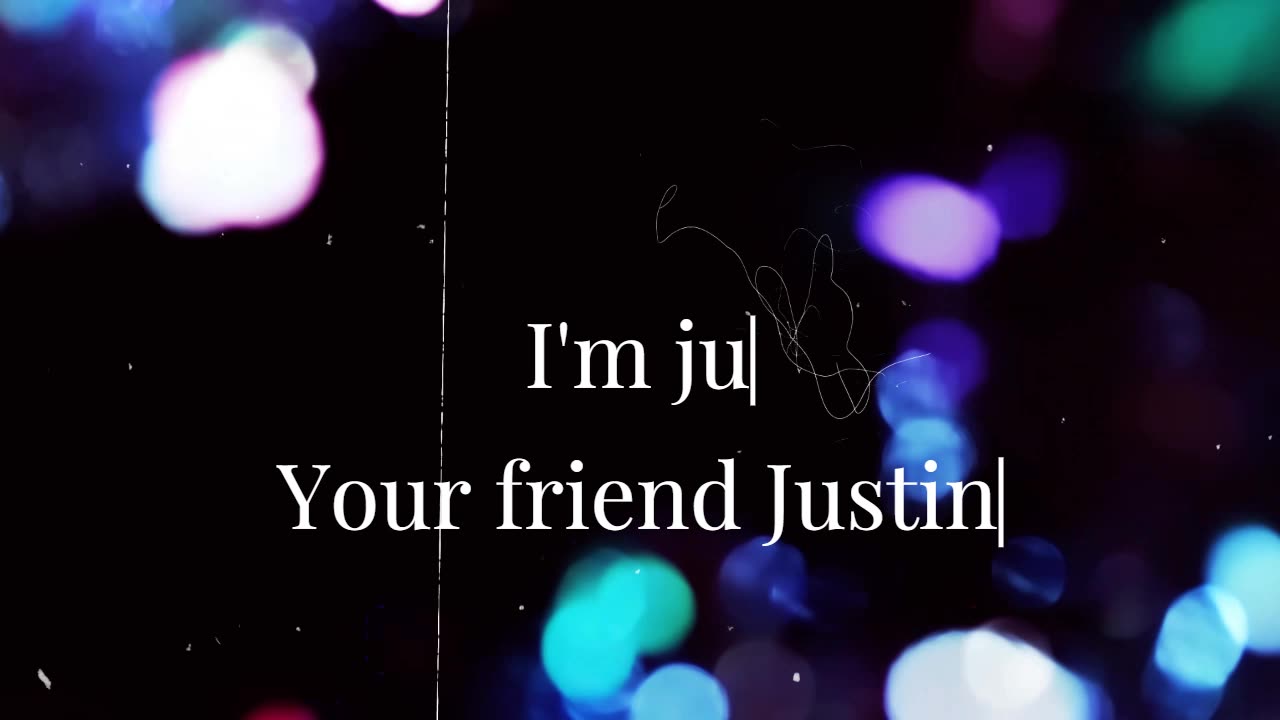Premium Only Content

Silly Central's Voicemail
In today's hyper-connected world, the incessant ringing of a phone can no longer be dismissed as a mere inconvenience. Nuisance calls, those unwanted and persistent attempts at contact, have transcended the realm of annoyance to become a form of harassment, infringing on our privacy and mental well-being.
The core issue lies in the fundamental disregard for consent. When someone chooses not to answer a call, it is a clear and unequivocal expression of their desire for non-communication. Repeatedly disregarding this choice, whether through automated dialling systems or persistent individuals, constitutes a violation of their right to privacy and peace.
The impact of nuisance calls extends far beyond the initial disruption. The constant intrusion can trigger feelings of anxiety, frustration, and even fear. Individuals may feel trapped in their own homes, hesitant to answer the phone for fear of unwanted contact. This persistent harassment can disrupt daily routines, hinder productivity, and negatively impact mental health.
Furthermore, nuisance calls often target vulnerable individuals, such as the elderly or those suffering from pre-existing anxieties. The manipulative tactics employed by some callers, such as aggressive sales pitches or deceptive scams, can exploit these vulnerabilities and inflict significant financial and emotional harm.
The societal consequences of unchecked nuisance calls are equally concerning. They erode trust in communication channels, making it difficult to distinguish between legitimate calls and intrusive attempts. This can lead to increased social isolation and a decline in civic engagement, as individuals become wary of answering the phone altogether.
Combating the menace of nuisance calls requires a multifaceted approach. Regulatory bodies need to enforce stricter penalties for telemarketing violations and develop robust mechanisms to register and block unsolicited calls. Technological solutions, such as call-blocking apps and caller ID verification systems, can empower individuals to take control of their communication channels.
However, the most effective solution lies in a shift in societal attitudes. We must recognize that repeated calls to someone who has expressed their disinterest are not simply bothersome, but constitute a form of harassment. By holding individuals and organizations accountable for their actions, and by fostering a culture of respect for consent and privacy, we can create a world where the ringing of a phone signifies genuine connection, not unwelcome intrusion.
Ultimately, the right to disconnect is not a privilege, but a fundamental human right. In a world saturated with constant communication, protecting our right to silence is essential for safeguarding our mental well-being and fostering a society built on respect and mutual understanding.
-
 LIVE
LIVE
Redacted News
1 hour agoLeaked Audio EXPOSES AIPAC's Shocking Grip on Trump's National Security Team and Inner Circle
26,631 watching -
 LIVE
LIVE
Kimberly Guilfoyle
1 hour agoBreaking News on China Tariffs, Plus Live with AJ Rice & Daniel Turner | Ep212
864 watching -
 LIVE
LIVE
Candace Show Podcast
1 hour agoBREAKING NEWS: I Know The Truth About Justin Bieber. | Candace Ep 175
5,809 watching -
 1:02:43
1:02:43
Michael Franzese
2 hours agoThis is EXACTLY How Mafia Infiltrated the NYPD for Nearly 2 Decades
13.6K2 -
 2:19:06
2:19:06
The Quartering
3 hours agoTrumps SAVE Act Passes, China Amazon Sellers PANIC, Russell Brand's Bad Take, & More
178K38 -
 11:47
11:47
Talk Nerdy Sports - The Ultimate Sports Betting Podcast
1 hour ago4/10/25 - "Game On: Tech Titans Unleash Secret Betting Formulas!"
2.48K -
 1:34:00
1:34:00
The Sage Steele Show
1 day agoMeghan McCain | The Sage Steele Show
10.7K5 -
 1:27:23
1:27:23
Russell Brand
4 hours agoThe Trans Con: How Did We Miss THIS?! – SF564
138K33 -
 LIVE
LIVE
The HotSeat
1 hour agoMinecraft Mania and Tim Poole’s Wild Take – What Is Happening?!
513 watching -
 LIVE
LIVE
Revenge of the Cis
2 hours agoEpisode 1472: Pocket Pool
1,012 watching